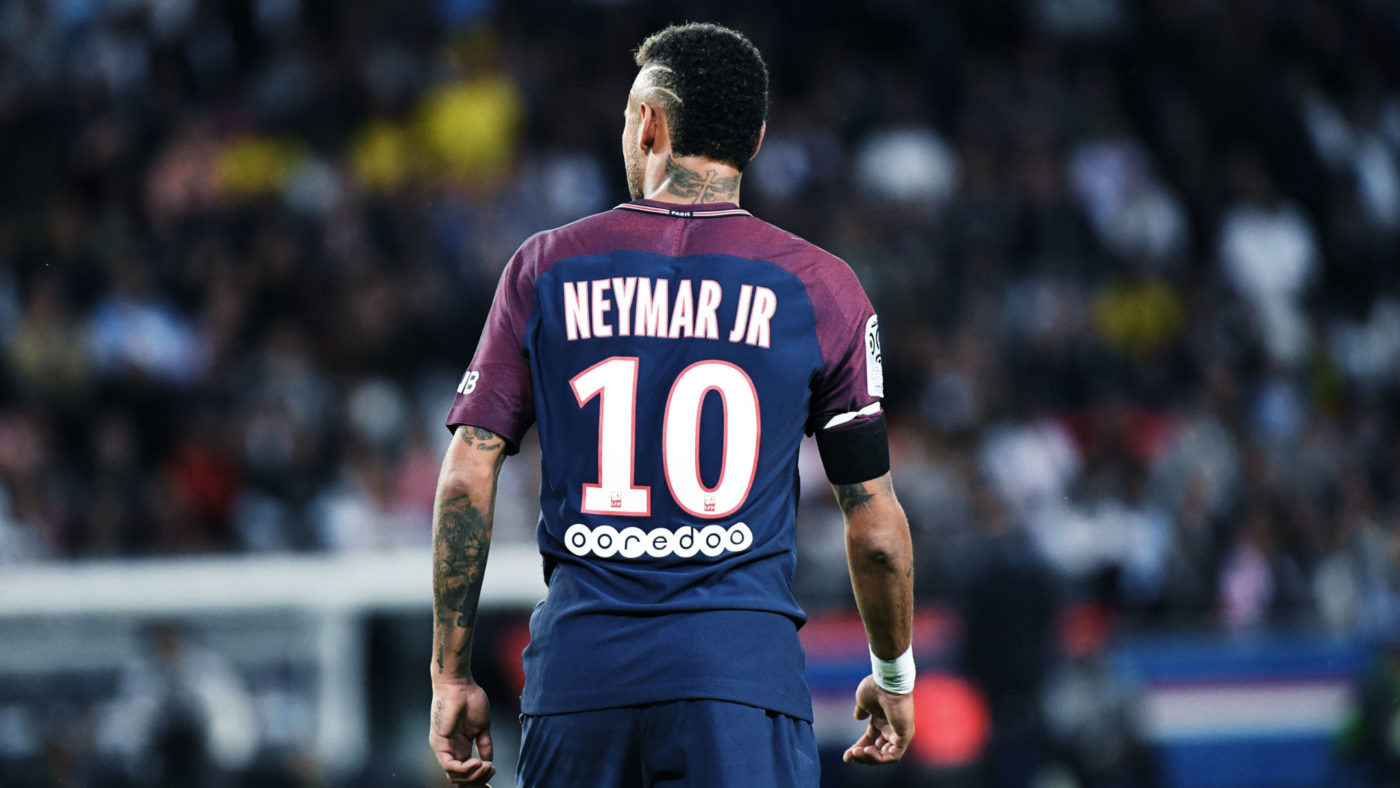Today is football transfer deadline day. The summer saw the most expensive football transfer ever — €222 million from PSG to Barcelona for Neymar.
According to Forbes, in 2016 the two most highly paid footballers in the world were Ronaldo ($53 million in salary and bonus plus $82 million outside earnings) and Messi ($51 million salary and bonus plus $77 million outside earnings). Neymar was the fourth highest, but far behind on $14 million in salary and bonus plus $36 million in outside earnings. The 10th most highly remunerated player, Fabregas, had a salary and bonus of $16 million with $21 million in other earnings.
Such huge payouts and the large gap at the very top are part of an international trend, in recent decades, towards “superstar” effects in many industries whereby those at the very top earn vastly more than those only slightly lower down. There are similar effects in other industries, such as pop music or bond trading.
Large differentials between the highly paid and the rest, and even bigger differentials between the very highest paid and those only slightly lower down, lead some to fret that there must be some form of market failure going on. But is that right?
To be sure, one aspect is increased globalisation. Whereas in the 1950s a good footballer might entertain some tens of thousands in the crowd at the match, today Ronaldo’s skill entertains literally billions of people. In globalised financial markets, having buy-sell calls be just that little bit better than everyone else’s can be converted into almost limitless amounts of money.
But there may also be significant distortions. Pay-to-watch television, merchandising and image rights are not the only source of new big money into football. The billionaire playboys and middle eastern wealth funds may compete to buy players for pride and prestige as much as for any revenue they generate.
But is that really a market failure? There are financial fair play rules in football that are not always respected, but if there weren’t the playboys and prestige-seeking funds would treat purchases at least as much as consumption goods (buying pride) as investment goods (buying future revenues). That is not a market failure in the standard sense. Rather it is an expression of personal preference.
On the other hand, even if we do not call it a “market failure” it does seem like it could result in sports fans not getting so much enjoyment from their matches. Though it might not be an economic failure if the playboys bought all the most skilled players in the world and they played against each other behind closed doors, that outcome would be less than socially optimal. How can we account for this? Does it demonstrate some kind of lesson about the need for regulation to constrain markets that we could apply in other sectors also?
One interesting aspect of sports is that the units bought and sold — players or clubs — can compete against each other in sporting terms and compete economically in some dimensions (e.g. merchandising), but their main economic interests are common. Manchester United cannot really be successfully commercially unless it faces sufficiently close competition that matches are exciting because other clubs are at least nearly as good.
That makes sports rather different from many other kinds of business. A shoe manufacturer can flourish commercially without other shoe manufacturers being any good – indeed, it will probably be more successful the less successful are its rivals. Not so with a football club.
Arguably the basic economic units of football are actually leagues. The Premier League competes with alternative sports leagues for viewing and gambling revenues internationally, such as the IPL or the NFL. It may also compete with the Champions League (especially if the Premier League and Champions League are televised on different pay-TV channels or platforms).
If we buy that story, then that puts a rather different perspective on certain rules that leagues sometimes have. For example, the “draft” in various US sports might seem like a restraint on trade. Why shouldn’t the highest-paying clubs approach the best young players in a well-functioning market? But once we grasp that the economic market here is really (at least to a significant extent) between the leagues, then leagues having these kinds of rules seems much less economically distorting.
Similarly, football leagues have financial fair play rules and salary limits and so on. These serve a useful purpose not because they regulate market failure, but because they are akin to the rules a complex business might have to organise itself internally.
If there is an issue with market failure in sports, it might be that in sufficiently widely-played sports (e.g. perhaps football), the “business” (the league) might be a natural monopoly (i.e. dominant relative to other “businesses” such as cricket or rugby leagues or alternative football leagues that might try to set up.
That could be a reason for regulatory intervention, but it would be a rather familiar one.


